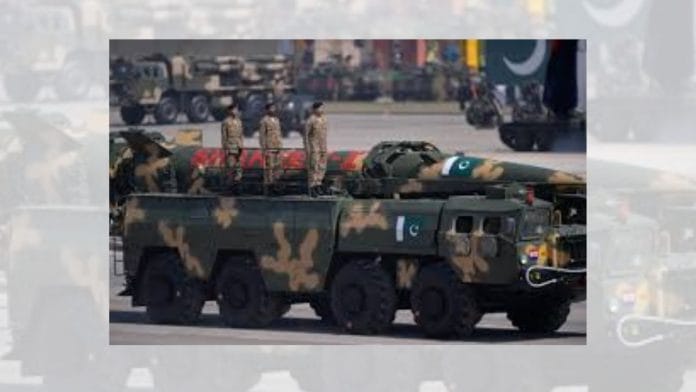
Thank you dear subscribers, we are overwhelmed with your response.
Sycophancy, insubordination, soldiers running amok, fratricides, suicide menace etc are some of the few facets that have acquired shocking familiarity in our security organisations, especially when deployed in low intensity conflict scenario. The challenges in present asymmetric battlefield are compounded by stress and strain of combating an invisible foe, which always retains initiative to act.
In order to succeed in an asymmetric battlefield, we shall require leaders of uncommon agility, resourcefulness and imagination; leaders willing to adapt and able to think and act by swiftly shifting gears to fluid dynamics and tempo. Irrespective of technological advancements, ‘human element of leadership’ in combat shall remain most crucial. We will need leaders to call things as they see them and tell their subordinates and superiors alike what they need to hear, and not what they want to hear.
We no more hear of the leaders who, in past, had held the arm of higher leadership to turn them around and give them the correct picture. If an officer and a leader does not tell blunt truths or create an environment where candour is not encouraged, then one does disservice to oneself, one’s command and to the institution; rendering the entire edifice of ethics – hollow and superficial.
Francis Bacon, a seventeenth century jurist and philosopher gave this advice to a protégé looking to follow his steps at the court: “Remember well the great trust you have undertaken: you are as a continual sentinel, always to stand upon your watch to give (the king) true intelligence. If you flatter him by speaking what he wants to hear, you betray him”.
Candour and credibility remain more so indispensable because we will see more irregular and difficult conflicts of varying types, in the years ahead; conflicts where traditional duties of an officer are accompanied by real dilemmas posed by low intensity conflict scenarios comprising civilians, non state hostiles, embedded media and an adversary who cannot be identified till he decides to reveal. It is here that the leaders are expected to follow the dictates of their conscience and maintain the courage of their convictions while being respectfully candid with superiors and encouraging candour by subordinates.
The change will have to be from ‘values to virtue’ i.e. in behaviour and subsequently in character. Accordingly, an appropriate climate, encouraging candour is warranted, to flow from ‘top-down’, in all kinds of security setup.
Sense of discipline and professionalism should not imply break in flow of communication, to hamper the overall organisational growth. No technology can come to rescue, when matters get down to dealing with human resource and setting a benchmark for the subordinates. The talk has to be walked by the leaders. The men have to be trained towards ethical thinking independently, and then act autonomously.
Lawrence Kohlberg, an American psychologist known for his theory of stages of moral development, propounded three levels of the same. The pre conventional level, in which individuals act correctly primarily in order to avoid punishment; a conventional method where they respond to peer pressure and are driven by a concern for reputation; and a post conventional level during which individuals use their own reasoning to determine ‘universal ethical principles’ of right and wrong and then abide by them because they have ‘seen validity of principles and become committed to them’.
Aim of grooming the command should be to empower and enable them move up the ladder towards post conventional stage. Need is of a transformational style of leadership and an environment where negativity associated with the word ‘accountability’ is replaced by the word, ‘responsibility’ i.e. a job is performed in desired fashion not because one is accountable but because one is responsible for the same.
As far as doctrinal formulations are concerned, requirement is to stimulate thoughts and to facilitate discussion on the effects of the present era of asymmetric battlefield on the ethics and on its efforts to develop its leaders. So far research work, if any, towards this has largely been piecemeal and stand-alone. Various think tanks are reluctant to take it on, because of minimal takers in the senior hierarchy as also the gains that are not likely to be tangible.
The security organisations must recreate their respective expert knowledge by selecting from research and scholarship and then filtering those ideas through the sieve of battlefield experiences and other expert practices to arrive at understandings that can be considered for dissemination, accordingly.
Finally, the approach to ethics training in the military has to be a combination of ‘top-down’ and ‘bottom-up’. The danger with only ‘top-down’ approach is that ethics training often comes to be viewed as yet another chore imposed on junior commanders, as a ‘check-the-box’ requirement. The two approaches will have to be pursued in a compatible fashion.
These pieces are being published as they have been received – they have not been edited/fact-checked by ThePrint.
Also read: SubscriberWrites: India’s ‘service’ industry misses the mark. Feedback last priority for providers


COMMENTS